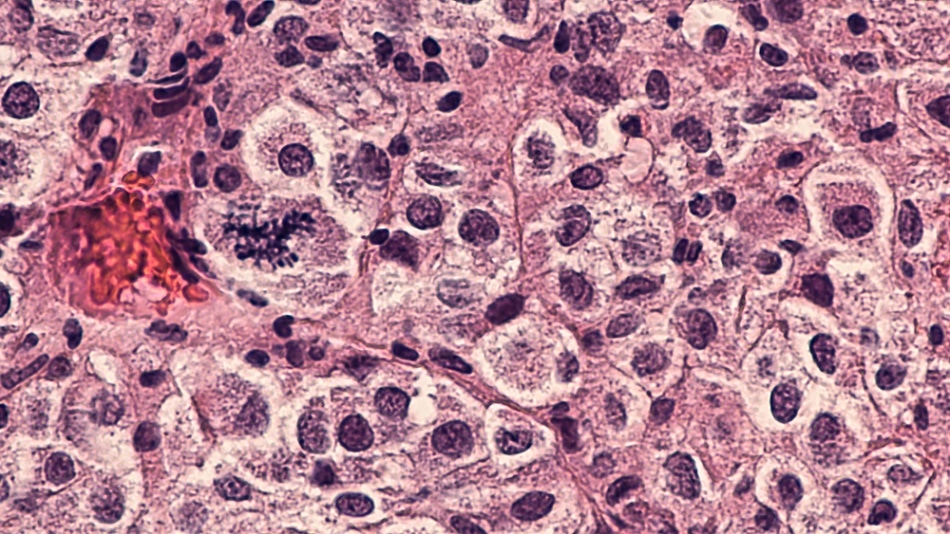Mar 16 2017
 David Litman/Shutterstock.com
David Litman/Shutterstock.com
According to researchers from Penn State College of Medicine, a new class of medication that delivers a mixture of drugs via nanoparticle may prevent melanoma from becoming resistant to treatment.
CelePlum-777 integrates the drugs Celecoxib, an anti-inflammatory, and Plumbagin, a toxin in a special ratio. With the drug, the cells find it hard to overcome the effect of having over one active ingredient.
Celecoxib and Plumbagin function together to destroy melanoma cells when applied in a specific ratio. Researchers used nanoparticles to deliver the drugs straight to the cancer cells. Compared to the width of a hair, these nanoparticles are several hundred times smaller and can be loaded with medications.
Loading multiple drugs into nanoparticles is one innovative approach to deliver multiple cancer drugs to a particular site where they need to act, and have them released at that optimal cancer cell-killing ratio. Another advantage is that by combining the drugs, lower concentrations of each that are more effective and less toxic can be used.
Raghavendra Gowda, Assistant Professor of Pharmacology, Penn State
Celecoxib and Plumbagin cannot be taken orally as the drugs do not penetrate the body well this way and cannot be used together in the ratio required due to the toxicity to the patient.
However, it is possible to inject CelePlum-777 intravenously without toxicity. Due to its small size, it also gathers within the tumors where it then discharges the drugs to destroy the cancer cells. The researchers report their findings in the Molecular Cancer Therapeutics and Cancer Letters journals.
This drug is the first of a new class, loaded with multiple agents to more effectively kill melanoma cells, that has potential to reduce the possibility of resistance development. There is no drug like it in the clinic today and it is likely that the next breakthrough in melanoma treatment will come from a drug like this one.
Gavin Robertson, Professor, Penn State
Robertson is a professor of pharmacology, dermatology, pathology, and surgery; director of the Penn State Melanoma and Skin Cancer Center and member of Penn State Cancer Institute.
The research team demonstrated the results of CelePlum-777 on destroying cancer cells growing in culture dishes and in tumors growing in mice after the intravenous injection. The drug hindered tumor development in mice without any detectable side effects and also stopped proteins from enabling uninhibited cancer cell growth.
Additional research would be required by the Food and Drug Administration before CelePlum-777 can be applied in clinical trials of humans. This discovery has been patented by Penn State and licensed to Cipher Pharmaceuticals, which will conduct the next set of FDA-required tests.
Other researchers who took part in these studies are Gregory Kardos, class of 2014 graduate student, genetics; Arati Sharma, associate professor of pharmacology and Penn State Cancer Institute, and Sanjay Singh, postdoctoral fellow. This research was undertaken through a partnership of scientists in the Melanoma and Skin Cancer Center, Melanoma Therapeutics Program, Department of Pharmacology, and Penn State Cancer Institute.
National Institutes of Health; The Foreman Foundation for Melanoma Research; The Geltrude Foundation for Melanoma Research; The Penn State Melanoma and Skin Cancer Center; the J. Roland Gilbert, Mary R. Gilbert and Elizabeth A. Gilbert Memorial Fund; The James Paul Sutton Medical Research Fund, and the Penn State Chocolate Tour Cancer Research Fund funded this research.